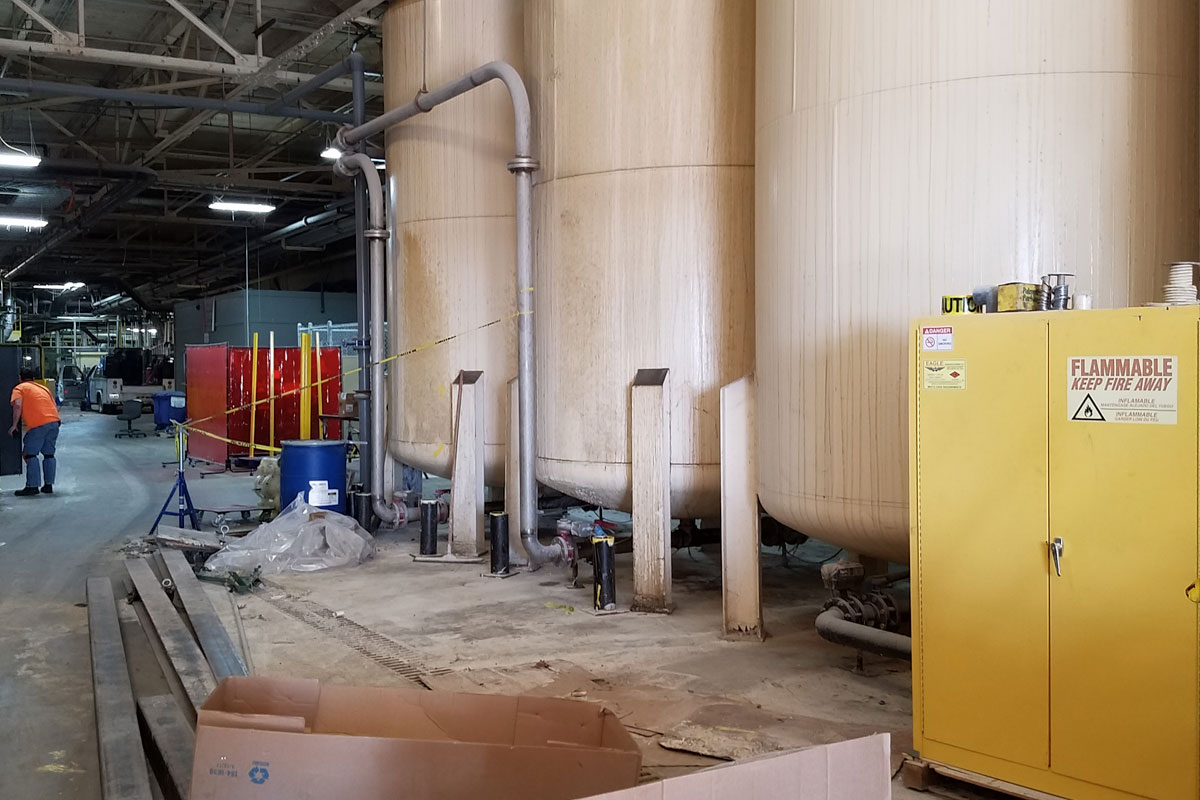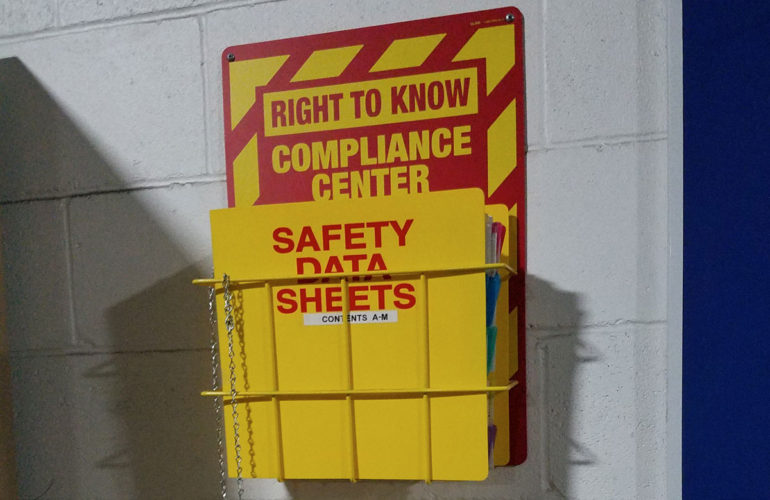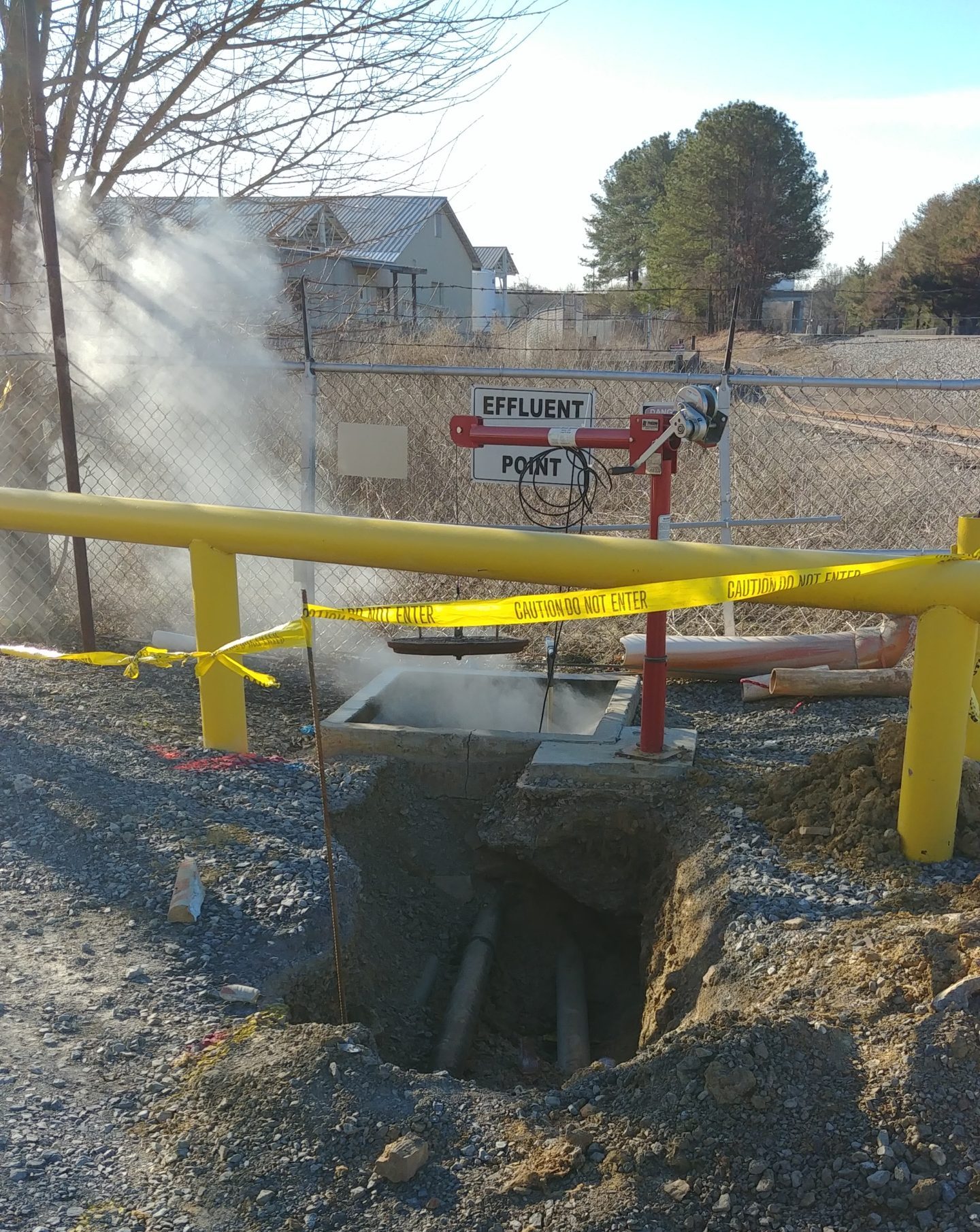Phase 1 Environmental Site Assessments (ESAs) are visual assessments used to determine if environmental concerns exist for a property and are performed by an Environmental Professional (EP) as defined by 40 CFR Part 312.10(b). The concerns associated with a property are further characterized as Recognized Environmental Conditions (RECs), and are defined by ASTM E1527-13 as the following: The presence or likely presence of any hazardous substances or petroleum products in, on, or at a property: (1) due to any release to the environment; (2) under conditions indicative of a release to the environment; or (3) under conditions that pose a material threat of a future release to the environment.
A Phase 1 ESA is generally performed prior to property sale or tenant change and is requested by the current property owner, potential property owner, tenant or a lending institution. Each party requests Phase 1 in an effort to better gauge the environmental risk and overall value associated with the property. A high-quality Phase I assessment will be detailed, well-researched and clearly identify the RECs associated with the property. A low-quality Phase 1, although lower in cost, may open the client to unnecessary risk if RECs are over-reported or underreported.
Pricing for Phase 1 ESA Can Be Misleading – Choose Quality Over Savings
Unfortunately, Phase 1 assessment pricing has declined to a point where it is almost unrealistic, resulting in Phase 1 reports becoming more common. A low-quality Phase I ESA may result in two possible outcomes:
- Outcome 1: Incorrectly identifying RECs (over-reporting). This can lead to a recommendation for costly further investigation that is unnecessary and fiscally irresponsible.
- Outcome 2: Failing to identify real and credible RECs (underreporting). This results in the property owner being exposed to unknown risks and liabilities, loss of their innocent landowner defense, and possible legal action.
There are actions that can be taken to avoid low-quality Phase 1 reports:
- Ensuring that the EP, as defined in the ASTM standard, is qualified to perform the work
- Verifying the EP is familiar with your type of facility
- Not choosing the consultant based solely on price
No item should be based exclusively on price without considering other factors, and Phase 1 ESAs are no exception. Phase 1 costs are generally about 65% – 75% time and about 25% – 35% materials. A low-priced Phase 1 can accomplish the “right” selling point, only by reducing the amount of time to prepare the assessment or by using less experienced personnel. By utilizing lower-paid contractors and underqualified employees, the lower hourly cost can ensure a lower overall price point. However, inexperienced or underqualified personnel may not have the required knowledge to identify all RECs. And while a junior employee may be supervised by someone more knowledgeable, it may not matter if the REC is never identified in the first place. Both of these scenarios can significantly increase the client’s risk.
The EP doing the site visit should have sufficient experience in the type of property being assessed and in the state that the property is located. RECs associated with industrial properties can vary from those associated with commercial properties and likewise for undeveloped, residential and agricultural properties.
The EP should have a clear understanding of the type of property being assessed and the potential RECs. The ASTM standard for Phase 1 ESA is applicable nationwide; however, each state will have its own regulations for dealing with RECs. The EP should have a clear understanding of the state’s regulations to ensure the client receives the correct guidance.
Hire an Experienced Environmental Professional to Help with Your Phase 1 ESA
Hiring the consultant based on the qualifications of the company and the Environmental Professional performing the Phase 1 ESA will result in the correct identification of the applicable RECs, thereby minimizing the exposure to risk, and ultimately saving money for the client. Let us help you navigate the intricacies of proper assessments to make sure your organization is above board. Give us a call today to learn how we can be of assistance: 770-792-6200.


